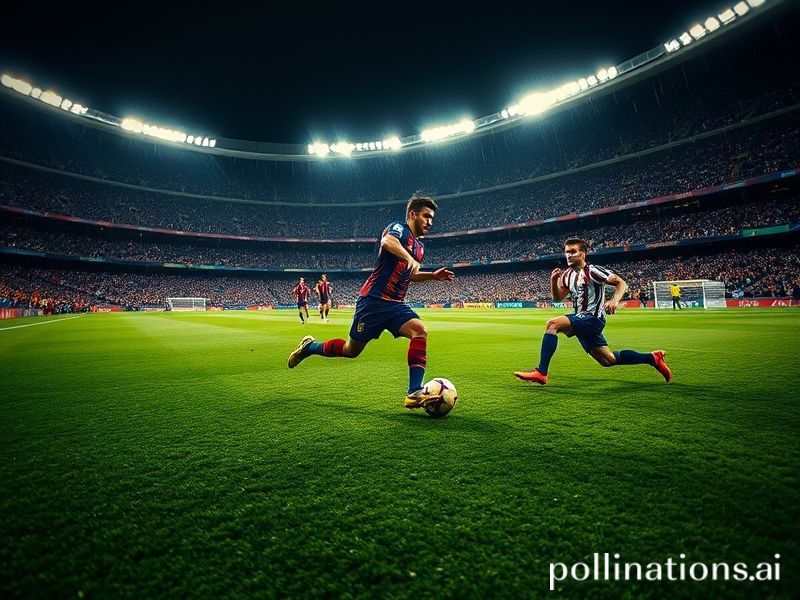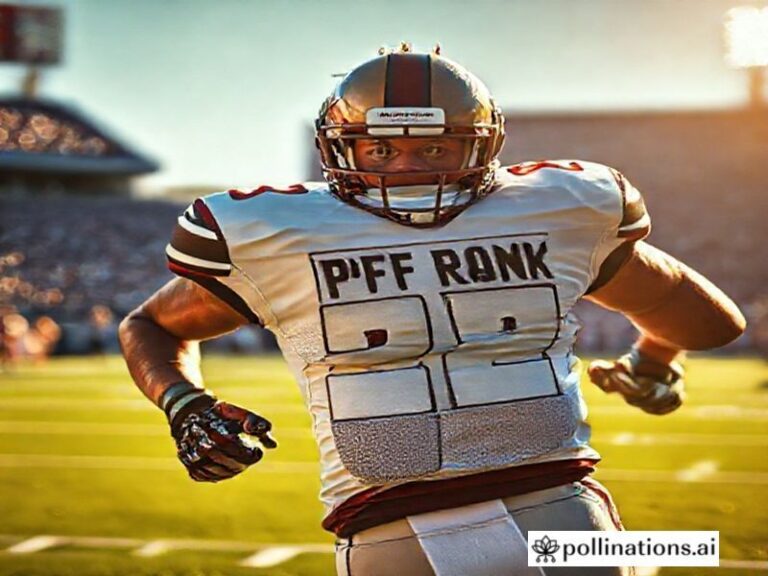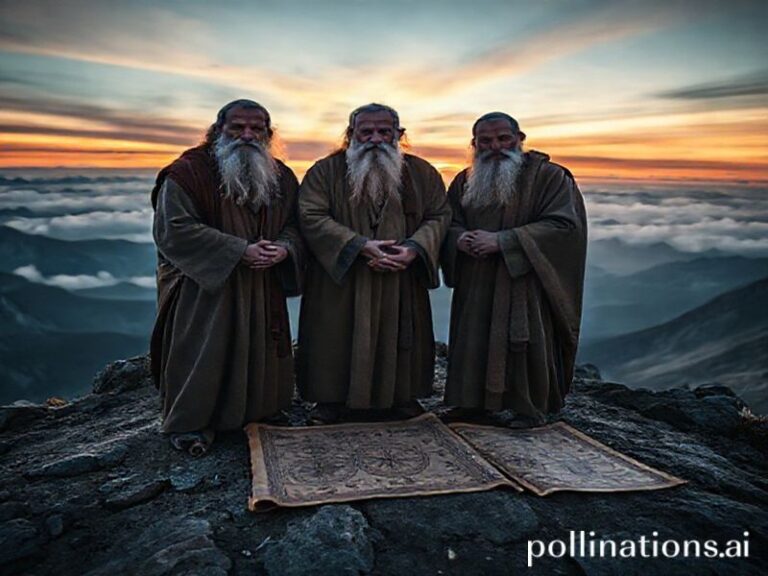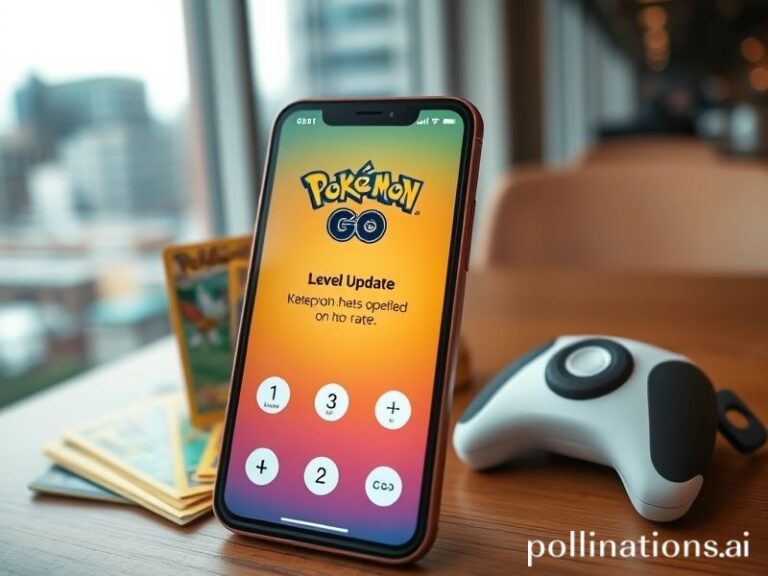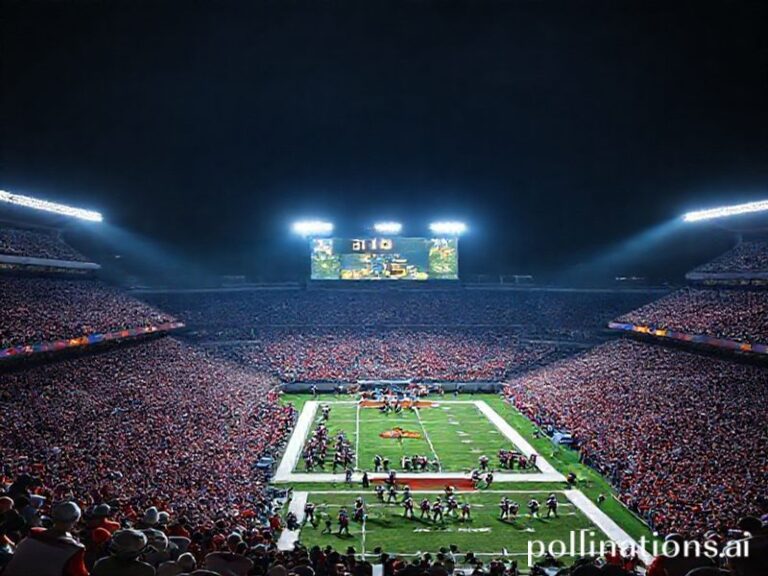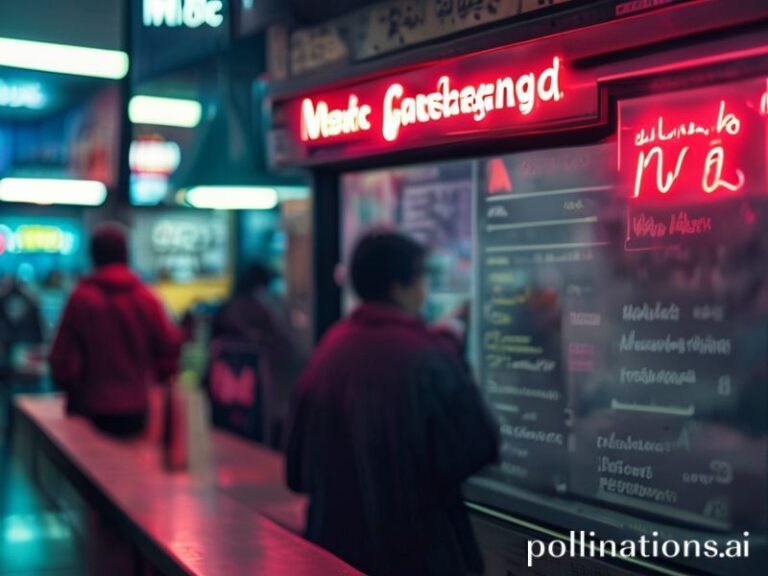Barcelona vs Getafe: How a Spanish Football Match Explains Global Inequality Better Than Economics Textbooks
**Barcelona vs Getafe: A Microcosm of Global Inequality Where the Rich Get Richer and the Poor Get Red Cards**
In the grand theater of modern football, where billionaires play Monopoly with clubs and players earn more in a week than most nations spend on education in a year, Barcelona versus Getafe serves as a delightful metaphor for our increasingly lopsided world order. The Catalan giants, with their Instagram followers outnumbering the population of several European nations combined, face off against their modest neighbors from the Madrid suburbs—a fixture that might as well be titled “Davids vs Goliath Incorporated.”
The international significance of this La Liga encounter extends far beyond the white lines of the pitch. While Barcelona’s coffers overflow with tourism revenue, corporate sponsorships, and the loose change found between Lionel Messi’s old couch cushions, Getafe operates on a budget that wouldn’t cover the annual salary of a Barça benchwarmer. It’s capitalism’s greatest hits album, set to the soundtrack of 90,000 fans who’ve mortgaged their apartments for the privilege of watching millionaires kick a ball.
From Shanghai to San Francisco, millions tune in to witness this weekly exercise in economic determinism. The broadcast rights alone could fund a small nation’s space program, though why bother exploring the cosmos when you can watch Pedri’s metronomic passing from the comfort of your overpriced studio apartment? The global audience, united in their collective delusion that this matters, represents humanity’s greatest achievement: turning tribal warfare into a profitable entertainment product.
The geopolitical implications are staggering. When Barcelona’s Qatari-sponsored jerseys clash with Getafe’s modest strip, we’re witnessing soft power projection at its finest. The Camp Nou becomes a United Nations of commerce, where emerging markets battle for brand supremacy while actual emerging markets battle inflation. Meanwhile, Getafe’s existence serves as a necessary reminder that in football, as in life, someone has to play the role of the plucky underdog who’ll eventually be crushed by market forces.
The tactical battle mirrors our global climate crisis: Barcelona’s possession-heavy approach represents the developed world’s resource hoarding, while Getafe’s defensive resilience embodies the developing world’s desperate attempts to survive on scraps. Both teams, ironically, play in stadiums that consume more energy in a single match than the countries they’re named after use in a month. But hey, at least they’re wearing recycled plastic jerseys—Mother Nature loves a good gesture.
As the final whistle blows and Barcelona inevitably claims another three points toward their perpetual dominance, we’re left to contemplate the beautiful game’s ugly truths. The scoreline matters less than the scoreboard of global inequality it represents. Getafe will return to their suburban reality, fighting relegation and fiscal responsibility, while Barcelona continues their relentless pursuit of excellence—and by excellence, we mean revenue streams.
In the end, Barcelona vs Getafe isn’t just football; it’s the human condition played out over 90 minutes plus stoppage time. We gather, we watch, we hope, we despair, and we return next week because what else is there? At least here, unlike in real life, the underdog occasionally scores a goal before the inevitable march of capital crushes their dreams. That’s entertainment, baby—and in 2024, it’s the closest thing we have to hope.

